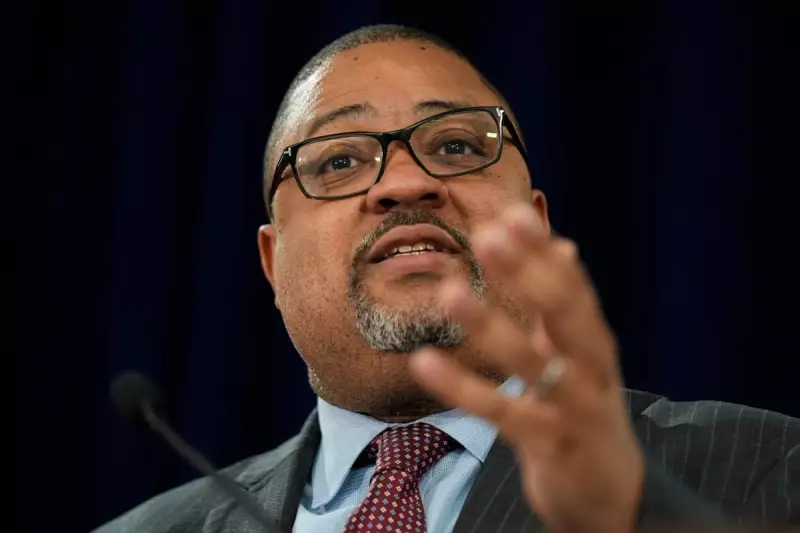
In a bold move to confront the escalating gun violence crisis, Manhattan District Attorney Alvin Bragg has announced the creation of a specialised prosecution unit solely dedicated to firearms offences. This strategic initiative represents a significant shift in how New York's legal system approaches gun-related crimes.
A New Front in the Battle Against Firearms Crime
The newly formed unit will operate with enhanced resources and specialised training, focusing exclusively on building stronger cases against individuals involved in gun violence. Prosecutors within this team will develop expertise in firearms evidence, ballistics analysis, and witness protection protocols.
"This isn't just about adding more prosecutors to our roster," explained a senior official from Bragg's office. "We're creating a focused, expert team that understands the complexities of gun cases from the ground up."
Strategic Approach to Evidence Collection
The unit's methodology includes:
- Enhanced collaboration with law enforcement agencies on ballistic evidence
- Development of specialised techniques for witness protection and testimony
- Implementation of data-driven approaches to identify patterns in gun violence
- Coordination with community organisations to build trust and cooperation
Addressing Systemic Challenges
Legal experts have long noted the particular challenges in prosecuting gun crimes, including witness intimidation and complex forensic requirements. This new unit aims to overcome these obstacles through specialised training and resource allocation.
The initiative comes amid ongoing national debates about gun control and public safety, positioning Manhattan at the forefront of innovative approaches to reducing firearms violence through the judicial system.
Early indications suggest the unit will prioritise cases involving illegal firearms trafficking and repeat offenders, while also developing prevention strategies in collaboration with community stakeholders.





